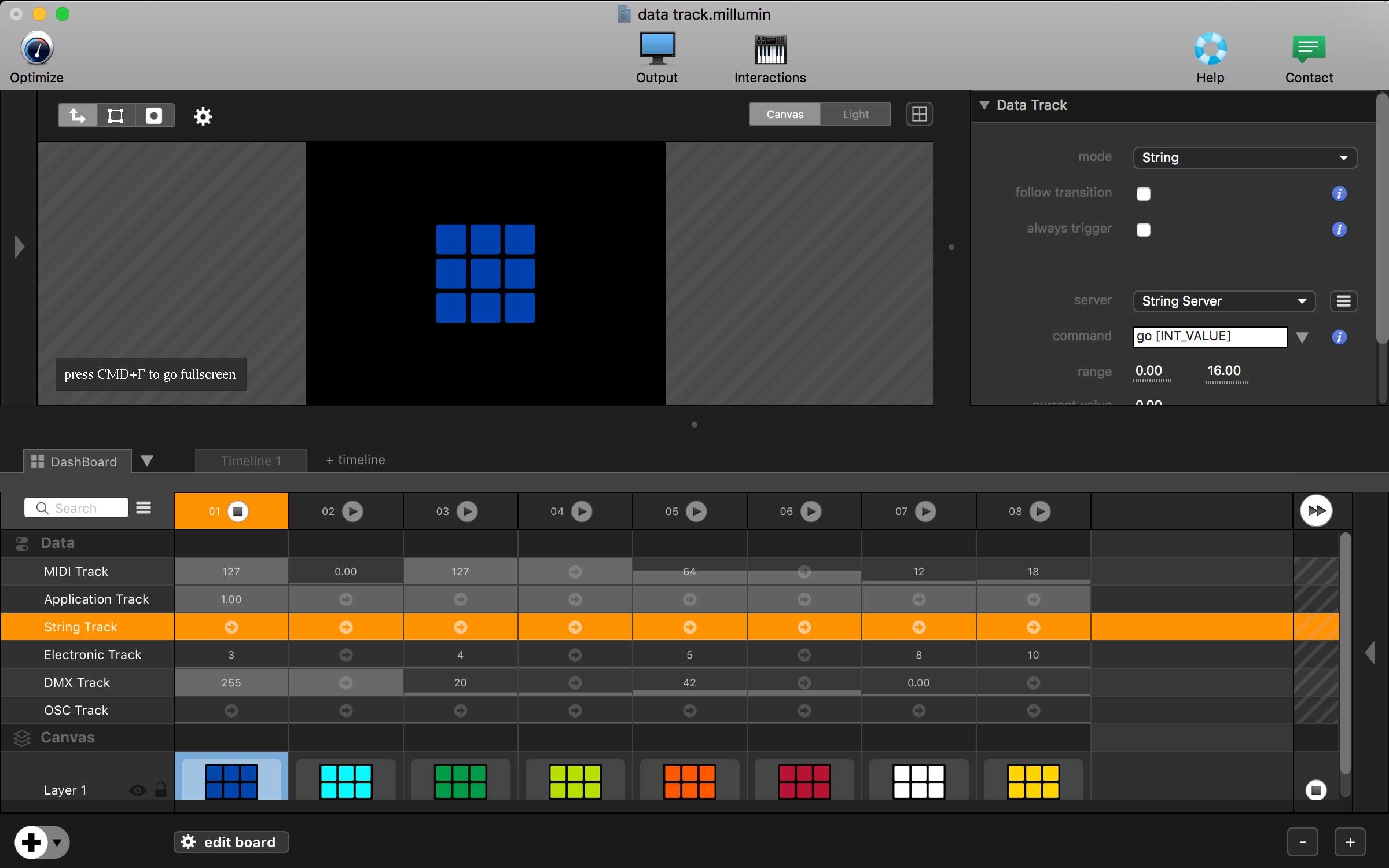

These labels were also a reference to a trend toward members living with their parents for longer periods than previous generations. Īmerican sociologist Kathleen Shaputis labeled millennials as the Boomerang Generation or Peter Pan Generation because of the members' perceived tendency for delaying some rites of passage into adulthood for longer periods than most generations before them. Alternative names for this group proposed include the Net Generation, Generation 9/11, Generation Next, and The Burnout Generation. Psychologist Jean Twenge described millennials as "Generation Me" in her 2006 book Generation Me: Why Today's Young Americans Are More Confident, Assertive, Entitled – and More Miserable Than Ever Before, while in 2013, Time magazine ran a cover story titled Millennials: The Me Me Me Generation.

In the United States, the echo boom's birth rates peaked in August 1990 and a twentieth-century trend toward smaller families in developed countries continued. Millennials are sometimes called echo boomers, due to them often being the offspring of the baby boomers, the significant increase in birth rates from the early 1980s to mid-1990s, and their generation's large size relative to that of boomers. According to journalist Bruce Horovitz, in 2012, Ad Age "threw in the towel by conceding that millennials is a better name than Gen Y," and by 2014, a past director of data strategy at Ad Age said to NPR "the Generation Y label was a placeholder until we found out more about them." However, the 1974–1980 cohort was later re-identified by most media sources as the last wave of Generation X, and by 2003 Ad Age had moved their Generation Y starting year up to 1982. In August 1993, an Advertising Age editorial coined the phrase Generation Y to describe teenagers of the day, then aged 13–19 (born 1974–1980), who were at the time defined as different from Generation X. They wrote about the cohort in their books Generations: The History of America's Future, 1584 to 2069 (1991) and Millennials Rising: The Next Great Generation (2000). They coined the term in 1987, around the time children born in 1982 were entering kindergarten, and the media were first identifying their prospective link to the impending new millennium as the high school graduating class of 2000. Authors William Strauss and Neil Howe, known for creating the Strauss–Howe generational theory, are widely credited with naming the millennials. Members of this demographic cohort are known as millennials because the oldest became adults around the turn of the millennium.


Millennials across the world have suffered significant economic disruption since starting their working lives many faced high levels of youth unemployment during their early years in the labour market in the wake of the Great Recession, and suffered another recession a decade later due to the COVID-19 pandemic. Between the 1990s and the 2010s, people from the developing world became increasingly well educated, a factor that boosted economic growth in these countries. The generation is generally marked by elevated usage of and familiarity with the Internet, mobile devices, and social media, which is why they are sometimes termed digital natives. Millennials have been described as the first global generation and the first generation that grew up in the Internet age. In the West, they are less likely to be religious than their predecessors, but they may identify as spiritual. In the developed world, young people of the 2010s were less inclined to have sexual intercourse compared to their predecessors when they were at the same age. Those in developing nations will continue to constitute the bulk of global population growth. Millennials were born at a time of declining fertility rates around the world, and are having fewer children than their predecessors. Īcross the globe, young people have postponed marriage. Most millennials are the children of baby boomers and early Gen Xers millennials are often the parents of Generation Alpha. Researchers and popular media use the early 1980s as starting birth years and the mid-1990s to early 2000s as ending birth years, with the generation typically being defined as people born from 1981 to 1996. Millennials, also known as Generation Y or Gen Y, are the demographic cohort following Generation X and preceding Generation Z.


 0 kommentar(er)
0 kommentar(er)
